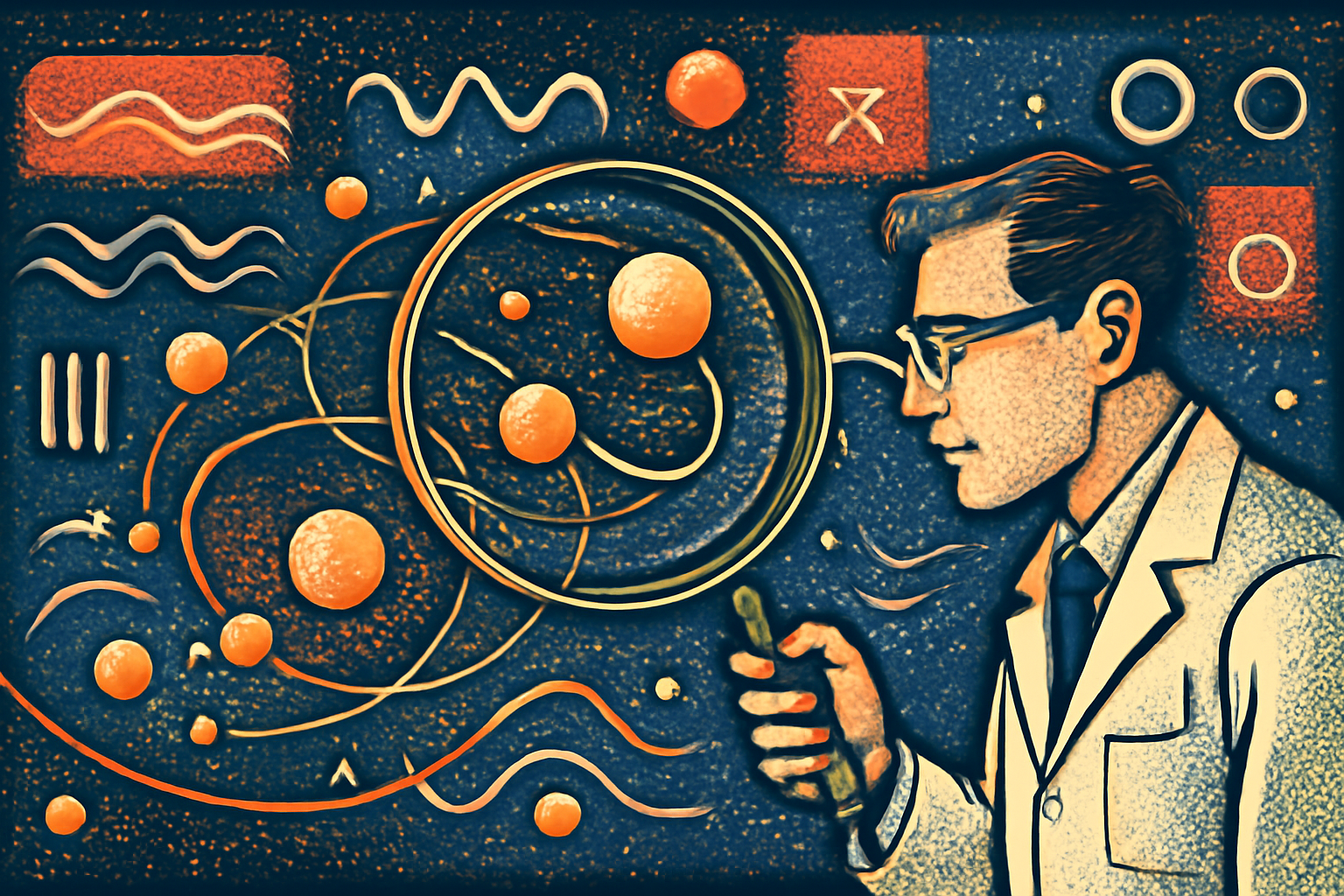
Quantum mechanics is governed by principles that differ fundamentally from classical physics. The concept of observation and measurement plays a critical role, highlighted by phenomena such as quantum superposition and wave function collapse.
In quantum superposition, particles such as electrons do not have definite states until measured. They exist in multiple probable states simultaneously. Only upon observation does a particle's wave function collapse to a single state, an event that lies outside the framework of classical determinism and suggests a deep-seated role for the observer in the physical world.
Quantum entanglement is another key aspect where particles become interconnected such that the state of one instantaneously affects the state of another, irrespective of distance. This baffling concept challenged even Einstein and led to what he termed "spooky action at a distance." Empirical validation through experiments, such as Bell's Theorem, supports this non-local interaction, suggesting a level of connectivity beyond conventional space-time constraints.
The Heisenberg Uncertainty Principle underscores the intrinsic limits of measuring specific pairs of complementary properties, like position and momentum, with arbitrary precision. This principle reveals a fundamental limit imposed by nature, not just a limitation of measuring devices.
Quantum tunneling describes particles overcoming energy barriers they classically should not surmount. This phenomenon is critical in nuclear fusion and underpins technologies such as the scanning tunneling microscope. It further accentuates the probabilistic and non-intuitive nature of quantum physics.
These phenomena collectively illustrate the enigmatic nature of the quantum realm, highlighting profound divergences from everyday experiences and reshaping our understanding of reality at the smallest scales.